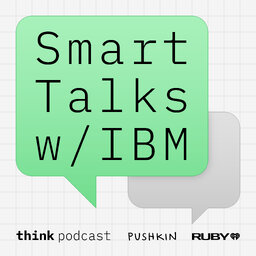Tech News: Good Apples and Bad Apples
Apple holds its iPhone 13 event today and we guess at what the company will reveal. We also learn how a federal judge made a call that subsequently led to Apple losing 85 billion dollars in value. Plus news about Facebook, Google, electric vehicles and woolly mammoths.
Learn more about your ad-choices at https://www.iheartpodcastnetwork.com
 TechStuff
TechStuff


